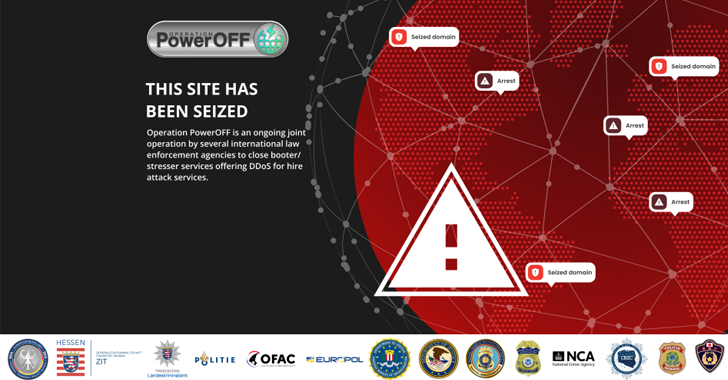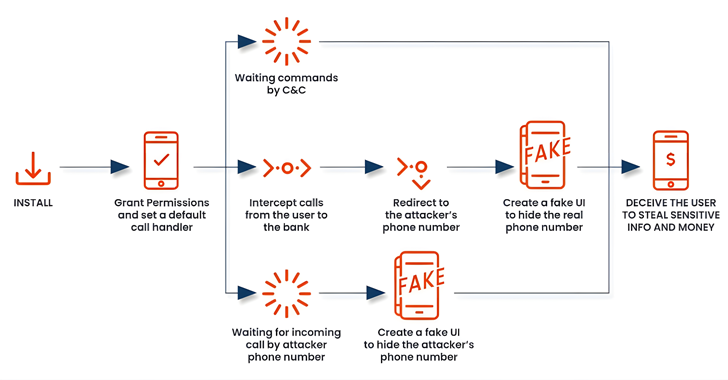Critical Flaws in Ollama AI Framework Could Enable DoS, Model Theft, and Poisoning
Cybersecurity researchers have disclosed six security flaws in the Ollama artificial intelligence (AI) framework that could be exploited by a malicious actor to perform various actions, including denial-of-service, model poisoning, and model theft. “Collectively, the vulnerabilities could allow an attacker




















